The diplomacy of education
Jun
26
For the first time in Hungary, the University of Pécs hosted a staff week of the African Union delegation of ten, which was organised by the International Centre of the university with the support of the Tempus Public Foundation between 14 and 22 June. The aim of the professional development programme was to build bridges between the African continent and Hungarian higher education through knowledge transfer, partnerships, and a shared future.
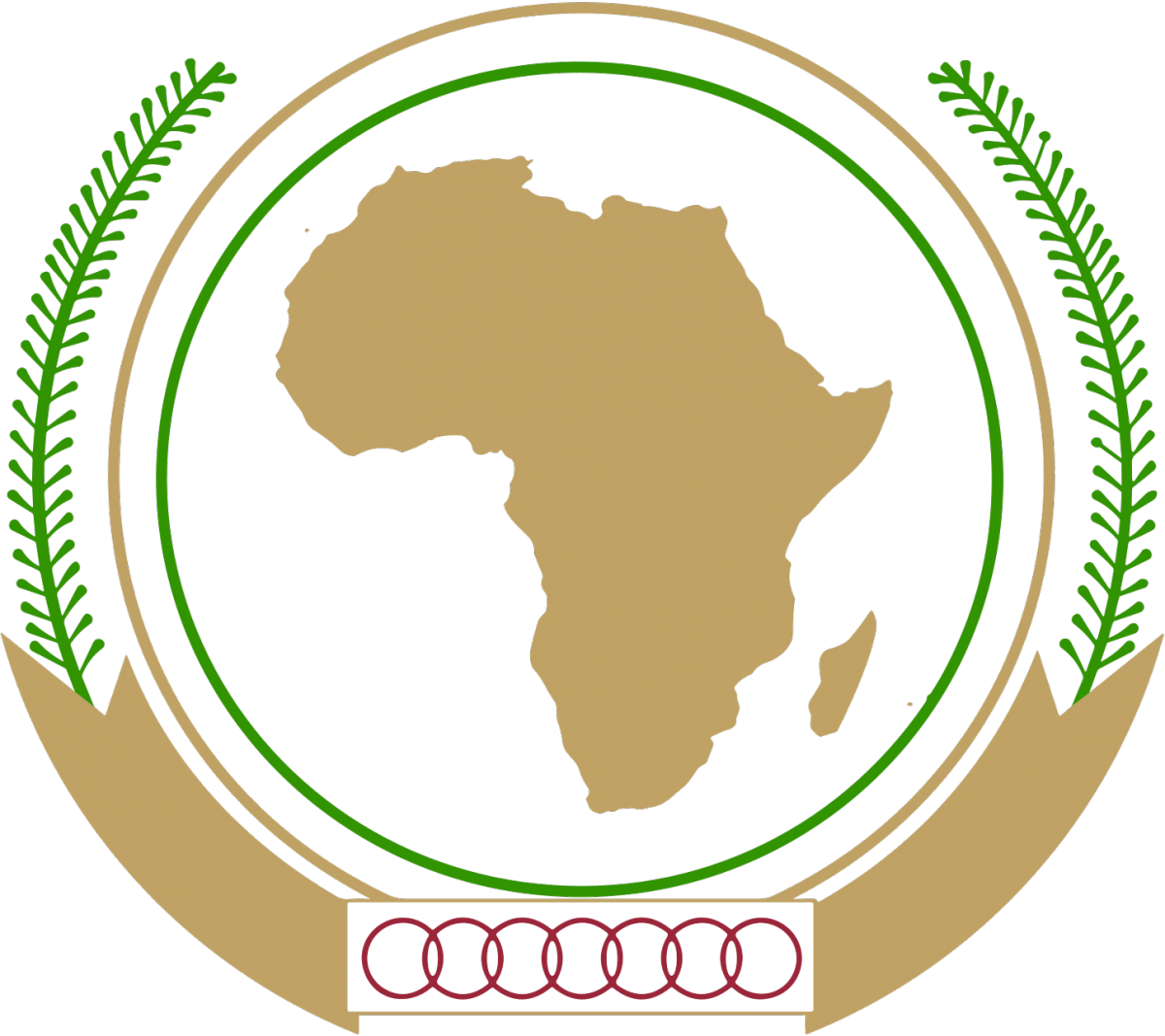
In 2013, the African Union launched its long-term strategy, known as “Agenda 2063”, a 50-year plan that emphasises the key role of STEM, youth talent management and knowledge transfer, in addition to the socio-economic development of the continent and the preservation of its cultural heritage. The central message of Agenda 2063 is “The Africa We Want” – the Africa that Africans themselves want to see. The goal is to build a strong, united, competitive continent, including through education, economic and training programmes.
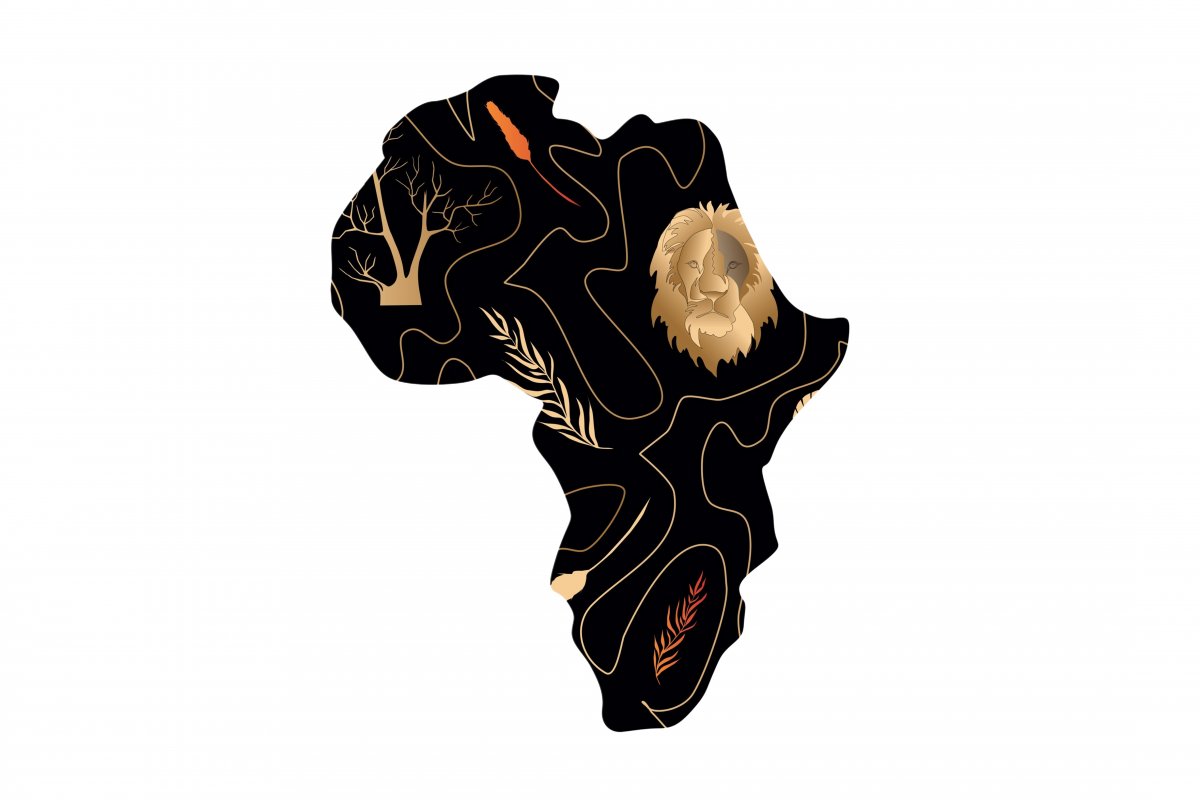
The University of Pécs is no stranger to this direction: the university has already played an active role in initiatives related to the continent, including the coordination of the Education Day of the Hungary–Africa Week in 2024, and has signed a partnership agreement with the Coalition on Media and Education for Development Africa Forum (CAFOR), an African Union-supported youth and education-focused NGO.
Our university is the first European higher education institution to have a formal relationship with CAFOR.
This position will allow the University of Pécs to be actively involved in programmes aimed at training and developing the skills of young people in Africa and strengthening their international network.
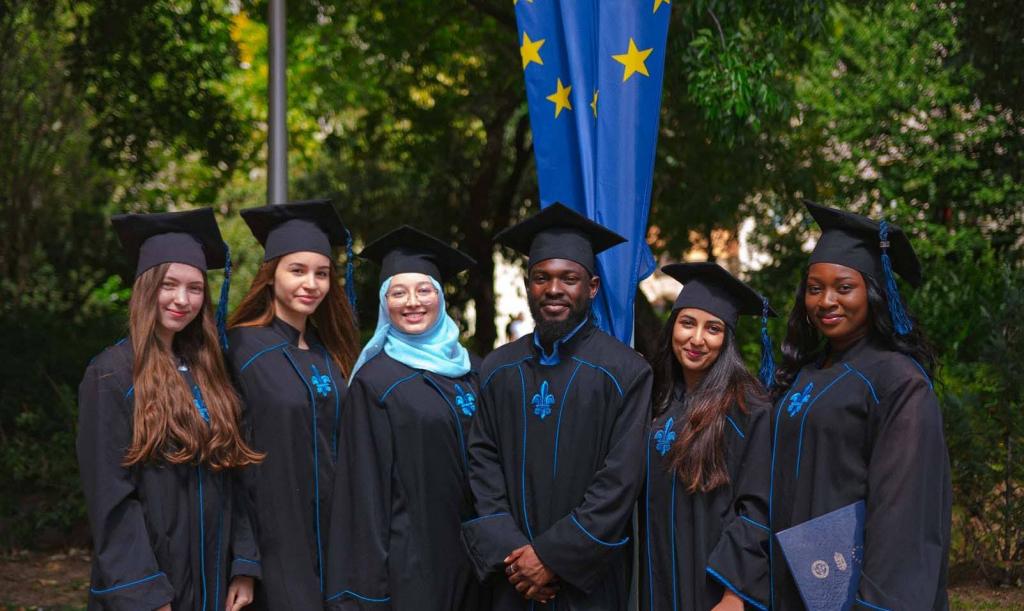
Our university hosts nearly 600 African students,
both on scholarships and on a self-financed basis. Through the case study of Hungary’s first university, the delegation members were given a comprehensive overview of the internationalisation processes of Hungarian higher education and the Hungarian research and development sector. Special attention was paid to the European Digital University City (EDUC) Alliance as a strategic cooperation framework, as well as to human resource development in research and its practical implications. The delegation also gained insight into the functioning of the Digital Teaching and Learning Support (DOT), with a particular focus on how new methodological tools, such as artificial intelligence-based solutions, can be integrated into teaching and research. The thematic blocks were followed by an introduction to the Stipendium Hungaricum, the Pannonia Scholarship Programme and other state scholarship programmes, and a historical overview of the development of scholarship relations between Hungary and Africa from the 1960s to the present day. In addition, the Support Service and the Green University projects were presented, as well as the Research Institute of Viticulture and Enology and the University Wine Estate.
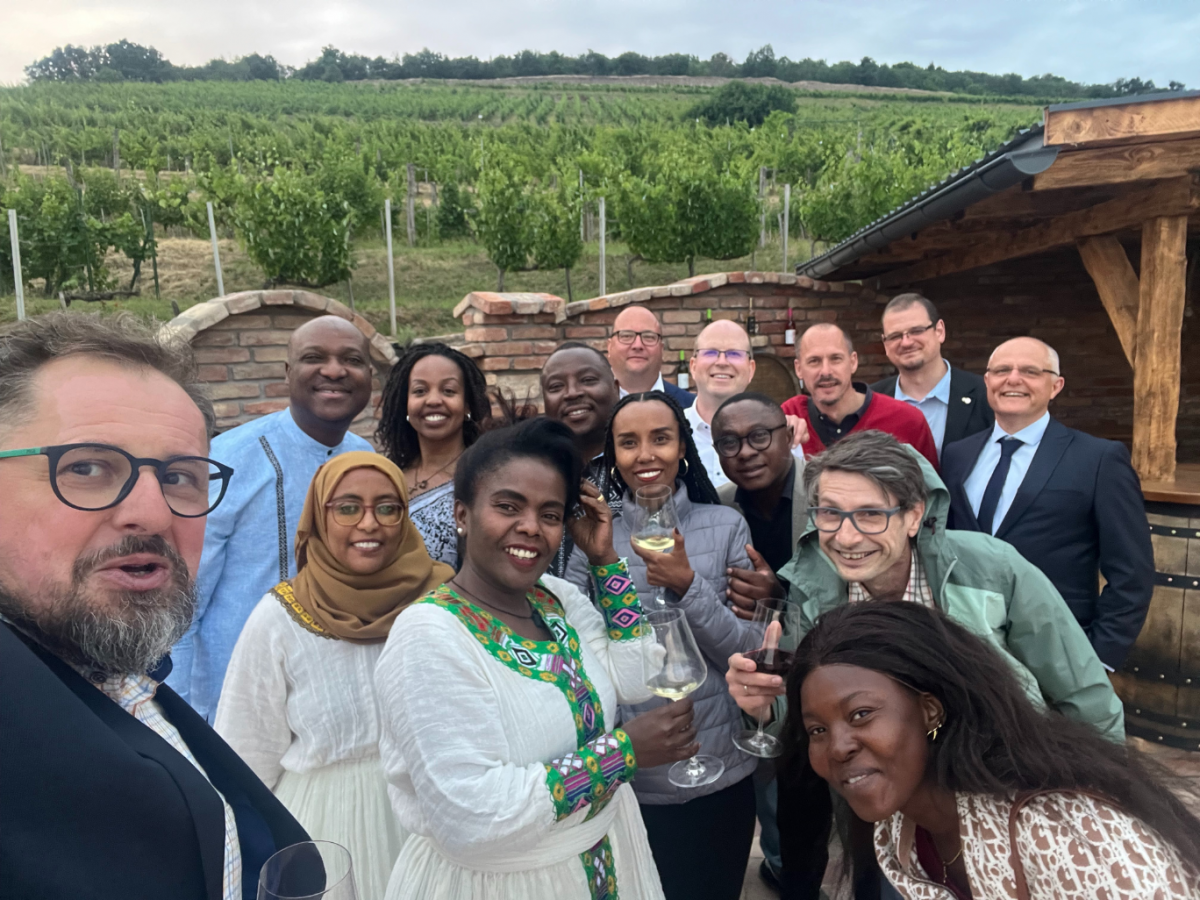
The Africa Research Centre of the University of Pécs’s
has been operating for 15 years and has become one of the most active scientific centres in Central and Eastern Europe specialising in Africa.
The Centre contributes to a deeper understanding of the continent and to the development of sustainable partnerships through multidisciplinary research, international projects and institutional cooperation. It can be said that
the University of Pécs has the most extensive network of relations on this continent among Hungarian higher education institutions.
In addition to research, the Centre has regularly organised international conferences on Africa since 2010, and the International Centre's International Seasons intercultural programme series pays tribute to Africa during Africa Week, which aims to bring Africa closer to Pécs through a variety of cultural events.
For Hungary, its relations with Africa are of growing strategic importance, which is why a few years ago, with the support of the Ministry of Foreign Affairs and Trade, the University of Pécs, in consortium with five other Hungarian universities, established the Education Hungary office in the Kenyan capital, which navigates the sea of Hungarian higher education for young people wishing to study in Hungary. In fact, the University of Pécs from Academic Year 2025/26 will offer an African Studies specialization within its MA programme in International Studies, further strengthening its commitment to the continent and its knowledge base. At the same time, the Egyptian university map is also changing: in the new administrative capital, not far from Cairo, the Egyptian government is establishing a large-scale international university campus, inviting the world's leading higher education institutions to set up their own branch campuses. On the Hungarian side, the University of Pécs, together with other higher education institutions, has been exploring the details and possibilities.
Thanks to the African Union Staff Week organised by the University of Pécs, other Hungarian universities and the Hungarian Rectors’ Conference were also given the opportunity to present themselves at international conferences in Budapest at the headquarters of the Mathias Corvinus Collegium and the National University of Public Service. As one of the concluding elements of the programme, the delegation was meeting with Hungary’s most active civil organizations operating in Africa, which have been carrying out humanitarian and educational projects in various regions of the continent for many years. Among the presenting organizations are the Foundation for Africa, the Close to Africa Foundation, and the Hungarian Charity Service of the Order of Malta, along with several others.
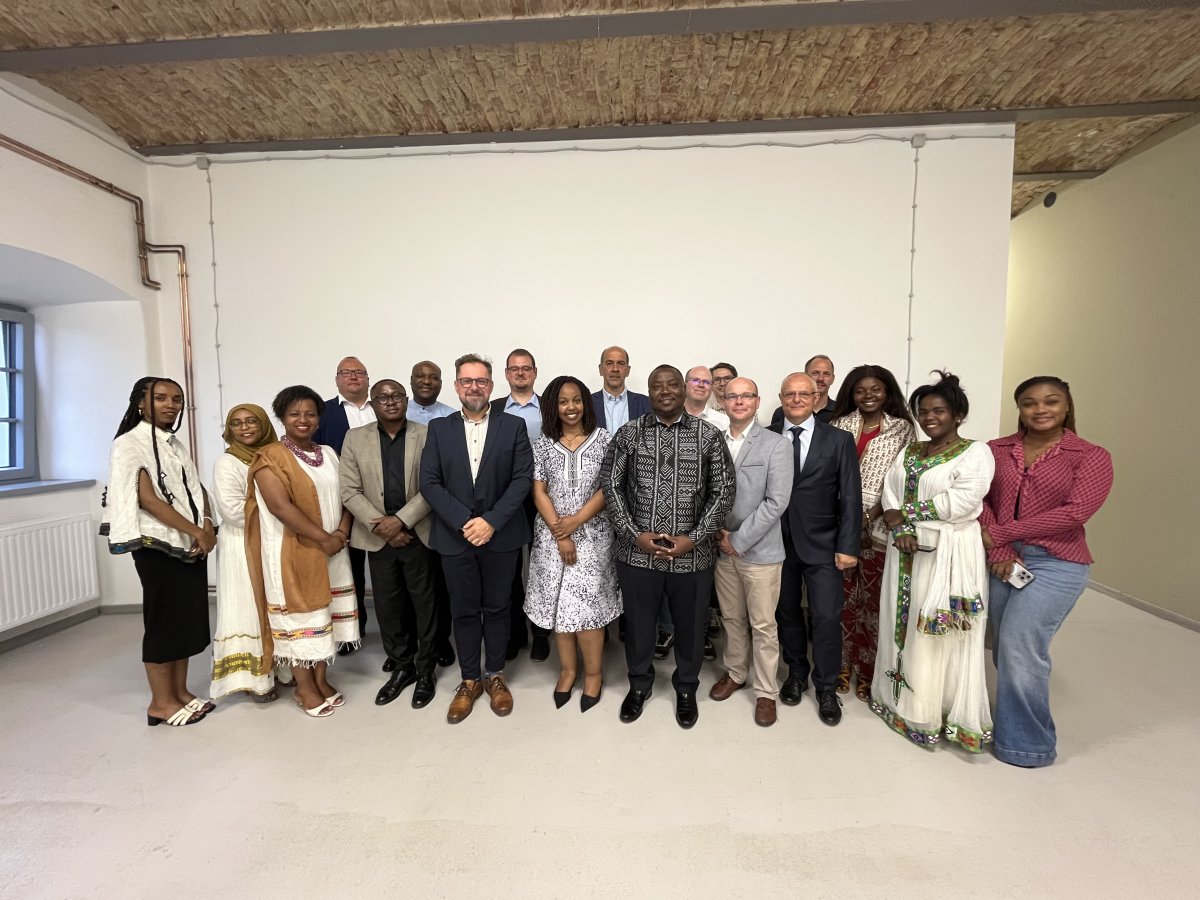
For the University of Pécs, building relations with the African Union is of paramount importance; furthermore, it is a priority to nurture the knowledge of the next generation together, as partners. The pool of knowledge that the University of Pécs can offer to African youth is easily adaptable to local needs, aligned with their own visions. The visit of the African Union delegation is not only an acknowledgement, but also an opportunity to put Pécs and with it Hungary and Hungarian Higher Education, on the global map of knowledge transfer and international partnerships as a strategic player. The dialogue that has just started can be the basis for future cooperation that will link not only institutions but also regions and continents.
Read more articles on this topic:
In the storm of human rights
“Hungary is a hidden gem”
Navigating Global Turbulence: Interview with Dr. Danilo Babić
